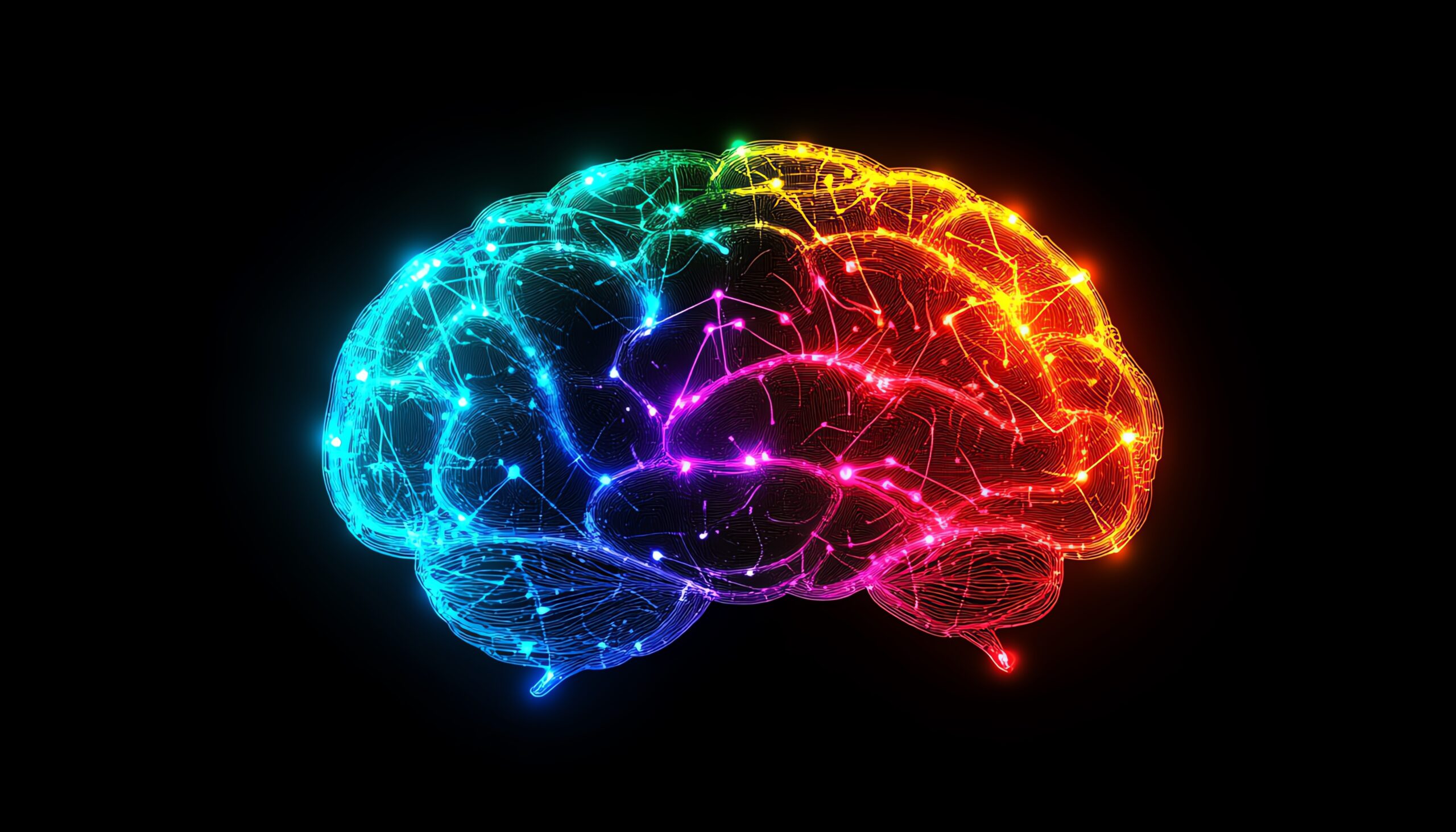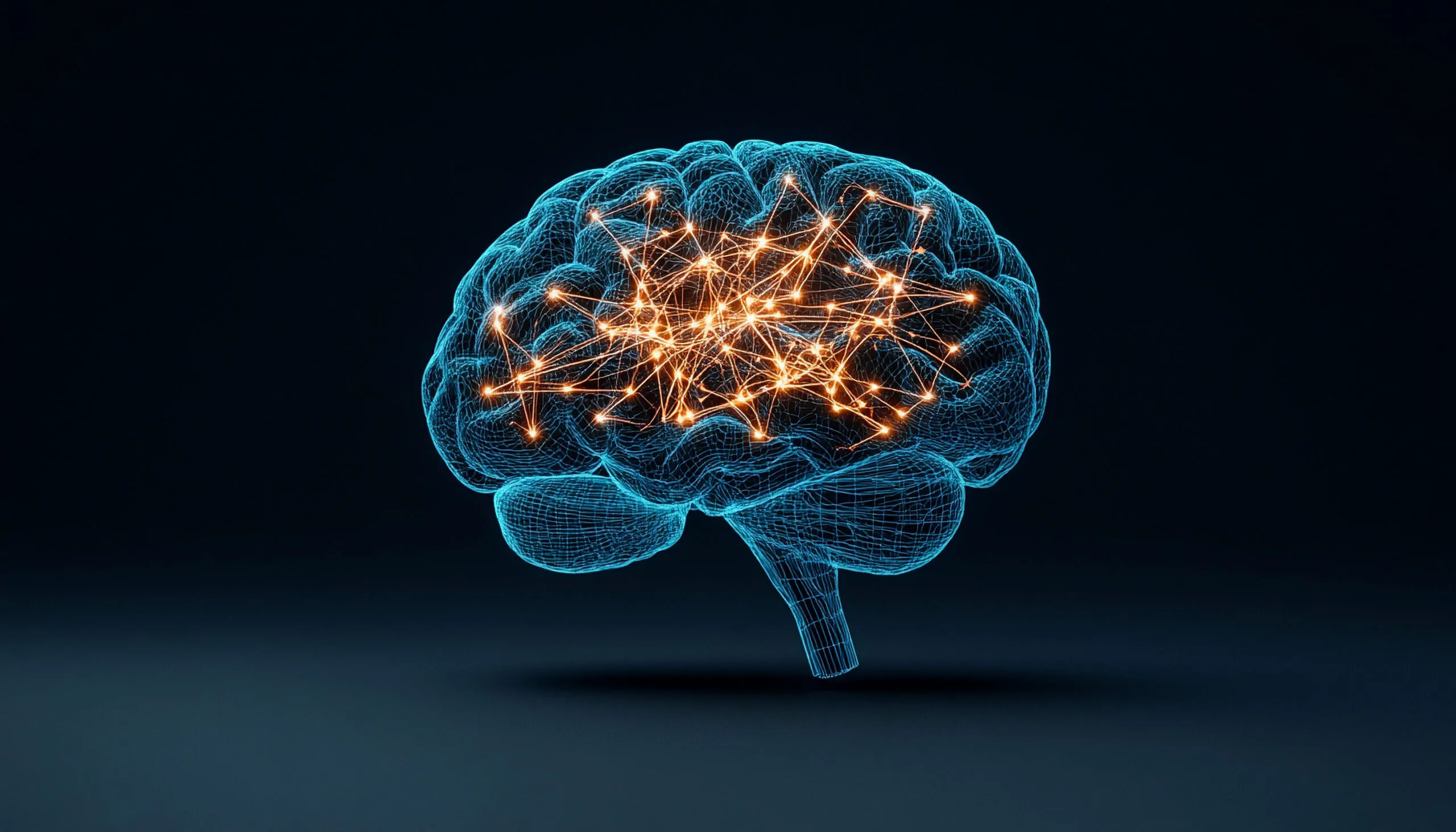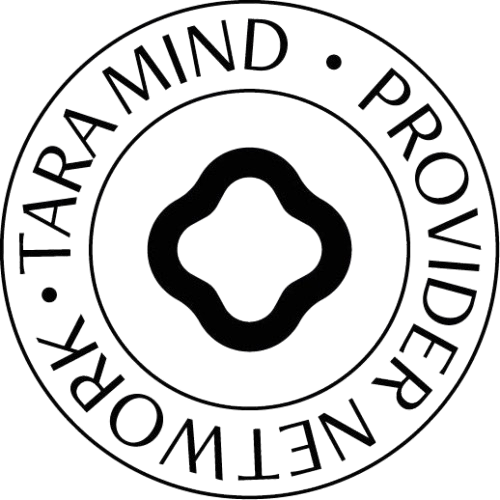Brain Energy Theory: A Revolutionary Approach to Mental Health and Wellness
Mental health disorders affect millions of people worldwide, but what if their root cause isn’t just a chemical imbalance? A groundbreaking concept known as the Brain Energy Theory is changing how we think about mental health, suggesting that conditions like depression, anxiety, bipolar disorder, and schizophrenia may be linked to how the brain produces and uses energy.
In this article, we’ll break down the Brain Energy Theory in simple terms, explore its connection to mental health, and discuss actionable steps you can take to improve brain function and overall well-being. At Allay Health and Wellness, we understand the importance of brain energy balance in mental health and offer innovative treatments like ketamine therapy and IV nutrient infusions to support neurological function and overall wellness. Whether you’re looking for holistic lifestyle changes or advanced therapeutic options, we’re here to help you take the next step toward better mental and physical health.
What Is the Brain Energy Theory?
The Brain Energy Theory proposes that mental illnesses result from dysfunctional energy metabolism in the brain. Instead of focusing solely on neurotransmitter imbalances, this theory highlights the role of mitochondria, metabolism, and brain function in mental health.
How Does the Brain Produce Energy?
The brain is a high-energy organ, consuming about 20% of the body’s total energy. It primarily relies on two energy sources:
• Glucose (sugar from food)
• Ketones (produced when the body burns fat for fuel)
Mitochondria—often called the “powerhouses of the cell”—convert these fuels into energy. When mitochondria are damaged or inefficient, the brain lacks the energy needed to function optimally, which may lead to mental health conditions.
The Connection Between Brain Energy and Mental Health
Many mental health disorders share one common issue: problems with brain energy metabolism. Research suggests that conditions such as depression, bipolar disorder, and schizophrenia may stem from mitochondrial dysfunction, inflammation, and poor energy utilization.
Mental Health Disorders and Brain Energy Deficits
1. Depression – Low energy production may contribute to sluggish brain function, low motivation, and persistent sadness.
2. Anxiety Disorders – An overactive stress response can drain the brain’s energy reserves, leading to excessive worry and fear.
3. Bipolar Disorder – Extreme mood swings may be linked to fluctuations in brain energy levels.
4. Schizophrenia – Energy deficits in specific brain regions may impair cognitive function and perception.
This metabolic approach to mental health is opening new doors for treatment strategies that go beyond traditional medication.
What Causes Brain Energy Deficiency?
Several factors can disrupt energy production in the brain, including:
• Chronic Stress – Stress increases cortisol levels, which can damage mitochondria and disrupt energy metabolism.
• Poor Diet – High-sugar, processed foods contribute to inflammation and insulin resistance, affecting brain energy levels.
• Lack of Sleep – Sleep is essential for mitochondrial repair and waste removal in the brain.
• Toxin Exposure – Heavy metals, pesticides, and environmental toxins can impair mitochondrial function.
• Genetic Factors – Some people are genetically predisposed to mitochondrial dysfunction.
By addressing these factors, we can optimize brain energy and potentially reduce the risk of mental illness.

How to Support Brain Energy for Mental Health
The Brain Energy Theory offers a groundbreaking perspective on mental health, emphasizing that conditions like depression, anxiety, and bipolar disorder may be linked to energy metabolism in the brain. Instead of viewing mental health struggles solely through a chemical imbalance lens, this approach highlights the role of mitochondrial function, inflammation, and metabolic health in brain energy production. The good news? You can actively support your brain’s energy levels through targeted lifestyle changes.
By optimizing nutrition, engaging in regular physical activity, improving sleep quality, and managing stress, you can enhance mitochondrial function and promote better cognitive and emotional well-being. Research suggests that dietary patterns like the ketogenic diet, anti-inflammatory foods, and key nutrients such as CoQ10, magnesium, and omega-3 fatty acids can play a crucial role in boosting brain resilience and energy efficiency.
Additionally, prioritizing stress management through mindfulness practices and ensuring consistent, high-quality sleep can further protect and sustain brain energy. These strategies are not just theoretical—they are actionable steps backed by emerging science, offering a holistic and empowering way to take charge of mental health.
Below, we explore key ways to optimize brain energy and enhance overall mental well-being through simple yet powerful lifestyle modifications.
1. Optimize Nutrition for Brain Energy
• Low-Carb and Ketogenic Diets: A ketogenic diet (high in healthy fats, moderate protein, and low carbs) may support mitochondrial function by providing ketones as a fuel source.
• Anti-Inflammatory Foods: Fatty fish, nuts, seeds, and leafy greens help reduce inflammation and support brain health.
2. Exercise for Mitochondrial Health
Regular physical activity increases blood flow, enhances brain function, and stimulates mitochondrial growth. Aerobic exercise (such as walking, jogging, or cycling) and strength training both play key roles.
3. Prioritize Quality Sleep
Deep, restful sleep is essential for brain detoxification and mitochondrial repair. Aim for 7-9 hours of sleep per night and establish a bedtime routine to improve sleep quality.
4. Reduce Stress and Support Mental Resilience
Stress overload can deplete brain energy levels. Mindfulness, meditation, deep breathing, and journaling can help regulate the nervous system and protect mitochondrial health.
5. Consider Supplements for Brain Function
Certain nutrients support mitochondrial function and brain energy production, including:
• CoQ10 – A powerful antioxidant that supports energy production.
• Magnesium – Essential for mitochondrial function and brain relaxation.
• Omega-3 Fatty Acids – Found in fish oil, these support brain cell structure and function.
Why the Brain Energy Theory Matters
The Brain Energy Theory represents a major shift in how we approach mental health. Instead of focusing solely on neurotransmitters, it considers brain metabolism, mitochondrial health, and overall energy production. This metabolic approach has the potential to revolutionize mental health treatment by offering science-backed lifestyle strategies that complement traditional therapies.
Key Takeaways:
✔ Mental illnesses may be linked to problems with brain energy metabolism.
✔ Supporting mitochondrial function through nutrition, exercise, sleep, and stress management can improve brain health.
✔ Emerging research suggests that metabolic therapies, including ketogenic diets and targeted supplements, could play a role in mental health treatment.
By addressing brain energy deficiencies, we may be able to enhance mental clarity, mood stability, and overall well-being.
Ready to Learn More About Brain Health?
📞 Call us or text us at 561-781-5988 now to schedule your free consultation!
Contact Allay Health and Wellness – Start Your Journey to Better Health
Ready to take the next step toward improved well-being? The team at Allay Health and Wellness is here to assist you. Whether you have questions about ketamine therapy, IV treatments, or chronic pain management, we’re just a call or message away. Reach out today to schedule a consultation or learn more about how we can support your wellness journey. Relief is closer than you think—let’s start the conversation!
📍 Address: 11000 Prosperity Farms Rd, Suite 101, Palm Beach Gardens, FL 33410
📧 Email: [email protected]
📞 Phone: (561) 421-6444



